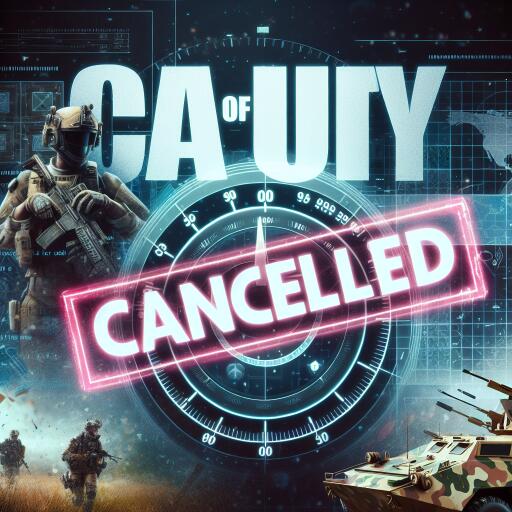Activision Halts Release of Hugely Anticipated Modern Warfare 2 Fan Mod
In the constantly evolving landscape of video game culture, the boundary between developer and player creativity often becomes blurred. A recent high-profile example of this delicate balance tipping unfavorably for fans involved the ambitious H2M mod for Modern Warfare 2. This fan-made project, aimed at reviving and enhancing the multiplayer experience of the beloved game, was unceremoniously cancelled by Activision just hours before its planned release, casting a shadow over the fan developer community.
The project was a testament to the dedication and skill of the Modern Warfare fanbase, with over 50 redesigned maps, a modernized progression system, and an array of new weaponry, attachments, and camouflage options that were not available in the original game. This endeavor sought to inject new life into Modern Warfare 2’s multiplayer experience, particularly leveraging the enhancements of the Modern Warfare Remastered engine. The remastered version of Call Of Duty 4: Modern Warfare had been well-received, yet fans noted a gap where Modern Warfare 2 and 3’s multiplayer modes languished without similar updates from Activision.
However, despite the effort and passion poured into the H2M mod, Activision’s swift legal response forced the project to a grinding halt. A cease-and-desist order was issued to the team behind the mod, citing copyright infringement and the unauthorized use of intellectual property. In compliance with this order, the team disbanded, issuing a brief statement to announce the permanent cessation of all related work on the mod.
The intervention by Activision points to the broader issue within the video game industry regarding fan-made content. While such projects often arise from a place of admiration and respect for the original works, they frequently clash with the legal and financial interests of the original creators or rights holders. In this instance, despite possibly contributing to a resurgence in interest for Modern Warfare Remastered, Activision’s primary concern would have likely been the preservation of its rights and potential impact on revenues from its current and future official releases.
This situation sheds light once again on the precarious position of fan projects within the gaming sector. Despite the widespread occurrence of similar shutdowns across the industry, with companies like Nintendo also taking firm action against fan creations, the cancellation of the H2M mod has sparked discussion about the need for clearer guidelines or potential avenues for collaboration between rights holders and the fan communities that passionately support their games.
The abrupt end to such a promising project serves as a stark reminder of the complexities surrounding fan involvement in game development and the intricate balance of interests between copyright holders and their audiences. As the gaming industry continues to evolve, finding a middle ground that respects the rights of creators while fostering the creativity and engagement of its most dedicated fans remains a challenging yet crucial endeavor.









